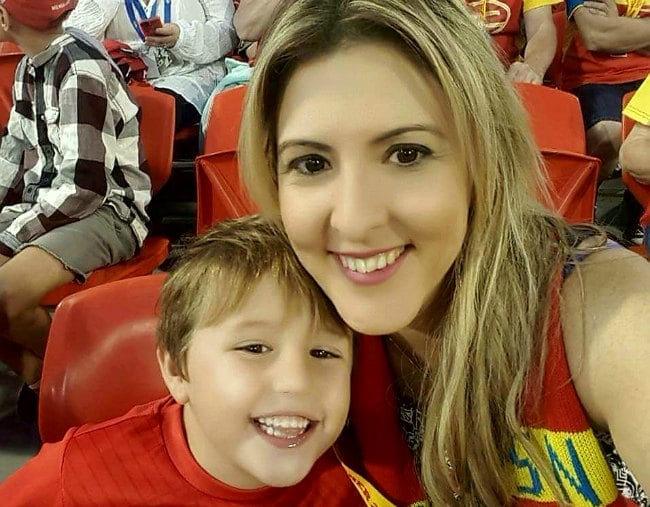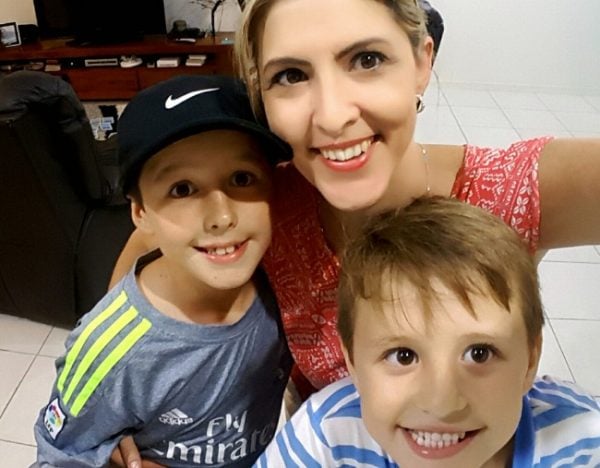
You’ve seen it before. A mother standing in a grocery store while her child has a meltdown on the floor. Onlookers stare, their faces easy to read: discipline your child.
For parents of children with disability, supporting their child through the daily challenges associated with disability is made more difficult by ignorance and judgement from their community.
For Debbie Baker, the supermarket scene is all too familiar.
“There were times I felt I had to discipline my kids when we were out in public because I was being scrutinised, criticised or attacked by those around me. Some of those people knew me, and some didn’t,” says Debbie.
Owner of South of the Border, Vanessa Cranfield speaks to Mia Freedman on parenting a child with a disability:
Debbie’s three children have intellectual disabilities, and are now aged 20, 21 and 23. When her children were first diagnosed in the late 90s, invisible disabilities were still largely misunderstood and under-diagnosed.
“In my generation, hardly anyone was being diagnosed with anything. So when all three of my children were diagnosed, people just couldn’t process it,” said Debbie.





























































































